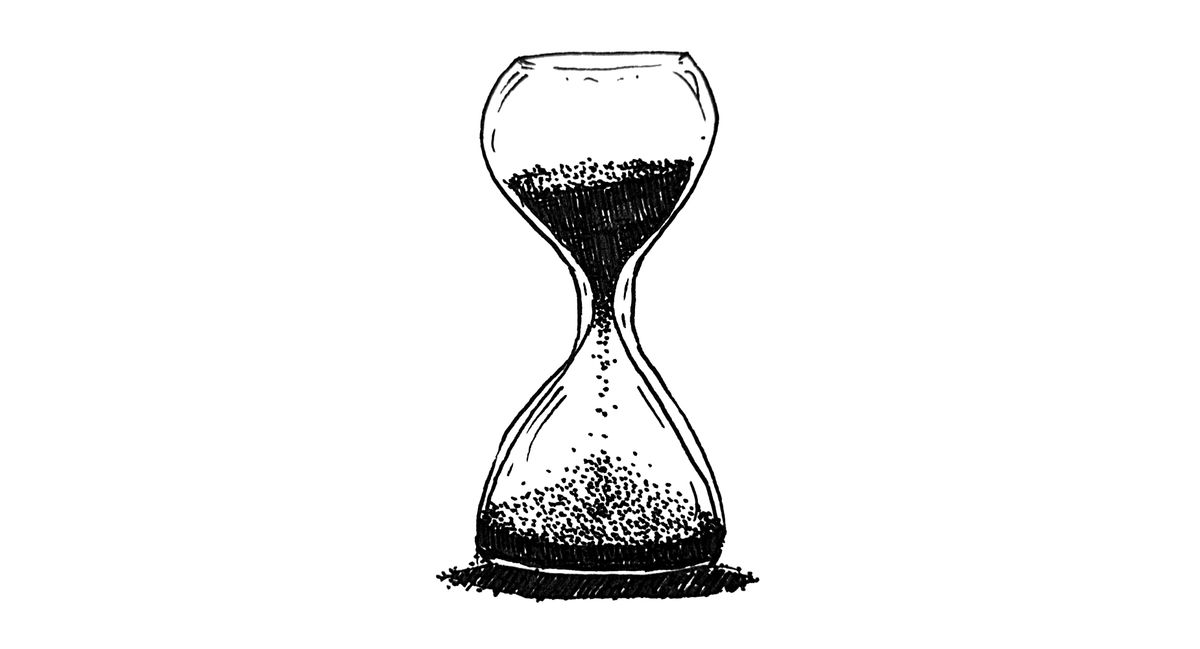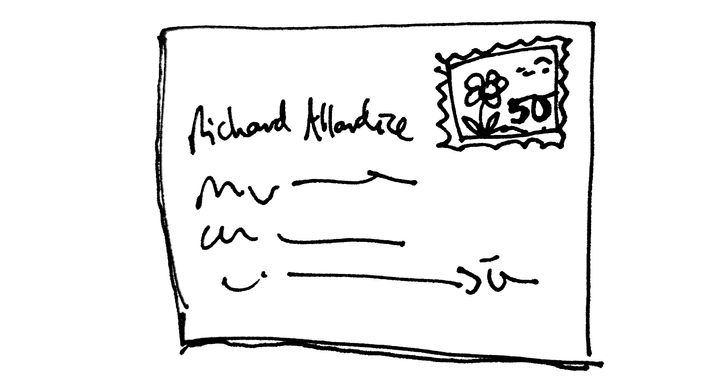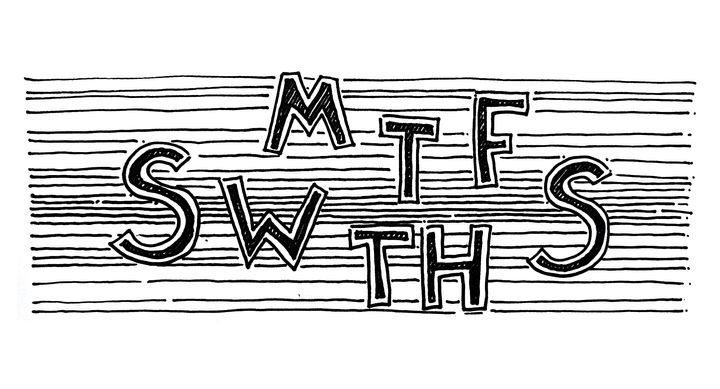The timer is sacred
Procrastination is a beast. But it can be defeated. Train your willpower so you can work solidly for a fixed period and actually finish things.

Willpower is finite; procrastination is infinite
Work is hard. Even if it’s work we want to do. We plan carefully for the completion of tasks that will make us happy to see finished, but: starting can be the hardest thing. We require the willpower both to start the work, and then to stick at it – yet distractions are everywhere, and we’re happy to entertain them.
Cal Newport writes in Deep Work that willpower “is not a manifestation of your character that you can deploy without limit; it’s instead like a muscle that tires.” This assertion is based on research conducted by psychologists Wilhelm Hofmann and Roy Baumeister, which found that, as Newport writes: “People fight desires all day long.”
The procrastination struggle is real. Even if we manage to quarantine our personal distraction machines – supposedly once used for merely making phone calls and sending messages – it can still feel like any other thing would be preferable to what’s in front of us. Does the toilet need cleaning, perhaps? Time to start that tax return early? How about digging out the compost bin, which is out of control and overrun with rats?
If we can’t break away from the procrastination urge, then planning won’t help us that much. If we sit down at the computer and don’t actually do what we have said we’ll do, all our planning is for naught.
There is a relatively simple method for slaying the procrastination beast and sticking to work. It’s not painless – slaying beasts never is – but it works.
The method
Make important decisions beforehand
Decisions spell doom for productivity. Hesitation invites procrastination. (Should you go to the gym now or later? Give in to the allure of “Later” and you’re unwittingly on the path to “Not at all”.)
To avoid this decision trap, establish some principles for yourself. Principles can serve as pre-made decisions about work priorities or preferences.
Personally, I produce my best work in the mornings. So one of my principles is this:
Mornings are for making.
That doesn’t mean I don’t do anything beyond the morning. It just means I try to leave afternoons for other activities, like reviewing or editing. (I rarely do good work in the evenings. I do not burn the midnight oil effectively.) This principle encourages me to get important production work for the day completed first, before my creative brain starts to go stale in the afternoon.
Here’s the principle I recommend for combating procrastination and achieving focus:
The timer is sacred.
Once I decide on a period of time for writing, and set a timer running down, I have to commit to it. I won’t get up, check emails, meander through browser tabs, or look at my phone. I’ll only write. I might pause to think, but until the timer runs out, I force myself not to do anything else.
Commit to a time
You might be thinking that forcing yourself to work continuously against a timer sounds a bit painful. Well, at first, it is. We’re so used to being distracted by a cascade of incessant checking: our phone, the news, the view out the window... It’s hard to push against that ingrained habit. And bowing to a timer does not magically infuse a task with joy.
Yet by committing to block after block of time, you’ll start to train your willpower like a muscle. For me: the more I use a timer, and the more writing I complete using this method, and the more confident I become that it works out in the end. It’s building this confidence over time that makes it easier to start. And starting’s the hardest part.
Seeing the time ticking down can motivate in both directions: there’s the pressure of time you need about to disappear; but also the allure of freedom beyond the count of zero, the task complete.
You’ll need to work out what length of time is best for you, based on personal preference, current willpower strength, and type of task. If you can focus for 45 to 60 minutes, you’re doing well. But start shorter, if you need to build up to this. Even ten minutes of uninterrupted work is better than nothing. Just don’t come out of the gate expecting to work solid for 4 hours straight.
At this point, most people try to sell you their pomodoro app. But in reality: any clock or timer will do. The app isn’t the important bit. Training yourself to commit to the time is. All you have to do is look briefly into the heart of darkness itself – the passing of time – and declare that you will only do the thing you’ve said you’ll do for a preselected number of minutes. You can do it!
You don’t need to love the timer. (Or the calendar. I certainly love neither.) But you can make the timer your ally: against procrastination, against distraction, and against that sinking feeling when all the time has slipped away yet you didn’t get your most important stuff done.
Repeat
If you can train yourself to commit to three uninterrupted blocks of time over the course of a morning, chained together with a short break in between each, then hey! You just nailed a morning’s work. You’re making real progress.
Experiment to find your ideal length of time block and intervening break. Don’t make either too long! And consider how many blocks in a row is right for the kind of work you’re doing. That thesis you’ve been putting off will not be accomplished by stringing together 24 blocks of 50 minutes, end over end.
As you start to get a sense of what you can cover during these blocks of time – both the kind of task and the level of productivity – you’ll get better at planning what type of work will benefit most such of focus. For me, it’s the initial draft of a piece of writing. I just have to get this draft down, with no distractions, even if it’s complete rubbish. I can be more freeform and relaxed with the editing time, but for drafting, I must bow to the timer.
Good luck
Now go forth and be productive. All hail the clock. Stay in step with the marching of the hands.
Step away from the internet

Potentially unpopular suggestion ahead. If you’re feeling particularly bold – or are in need of extra, super-duper focus – then it’s time to face off against the internet itself. The source of all modern distraction. Two steps worth taking:
- Turn off your computer’s internet connection for the time period you’ve chosen. “But I need to do research!” I hear you lament. Do it in advance. Collect the words. Compile the pictures. Then turn off the distraction machine.
- Put your phone in another room. Or at least out of reach. Crank the volume up if you need to be contacted in case of an emergency. It’s amazing how often you’ll end up with that thing in your hand without even realising it. You meant to get that report done, but... you’re fifty Tik Tok videos deep.



Comments ()